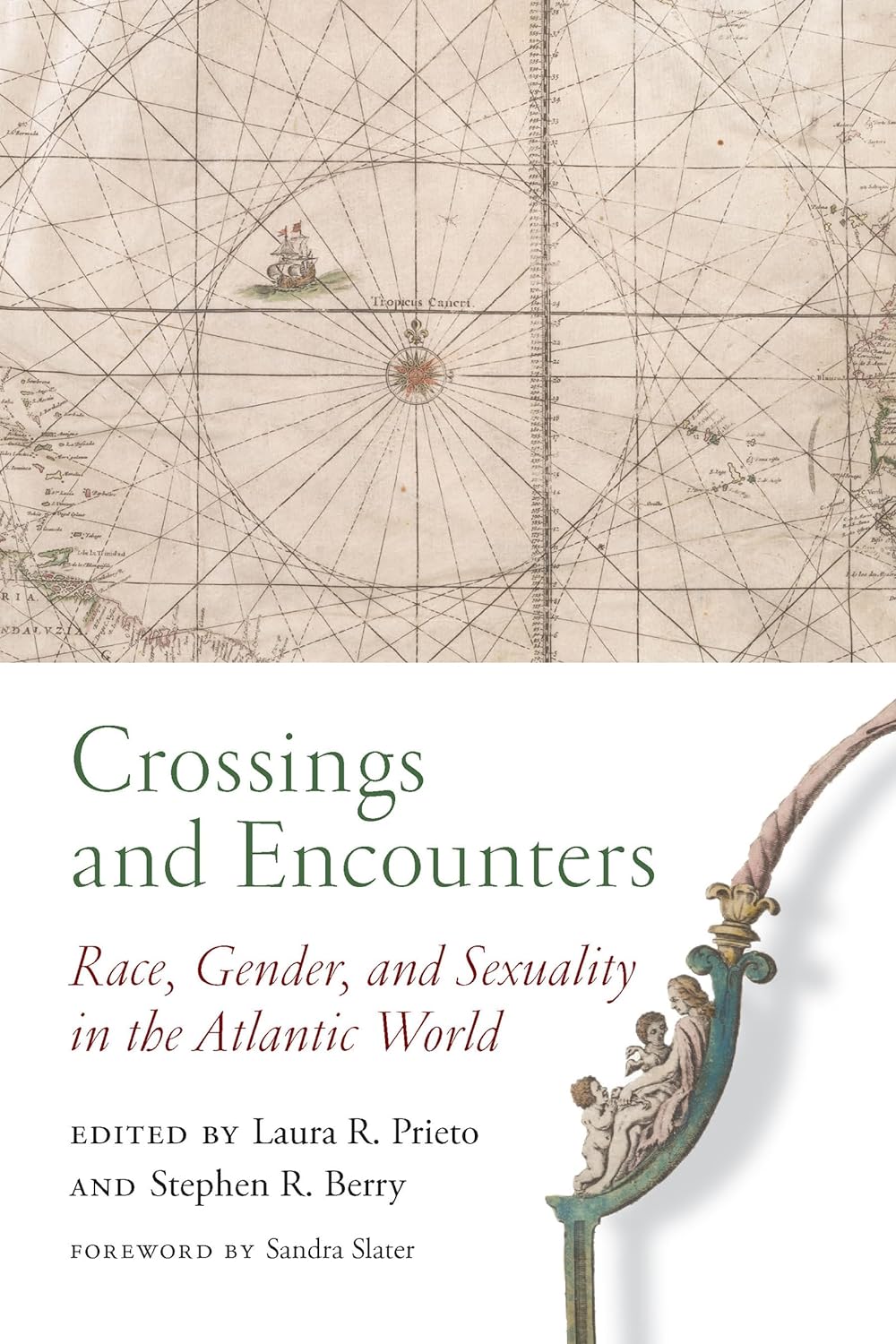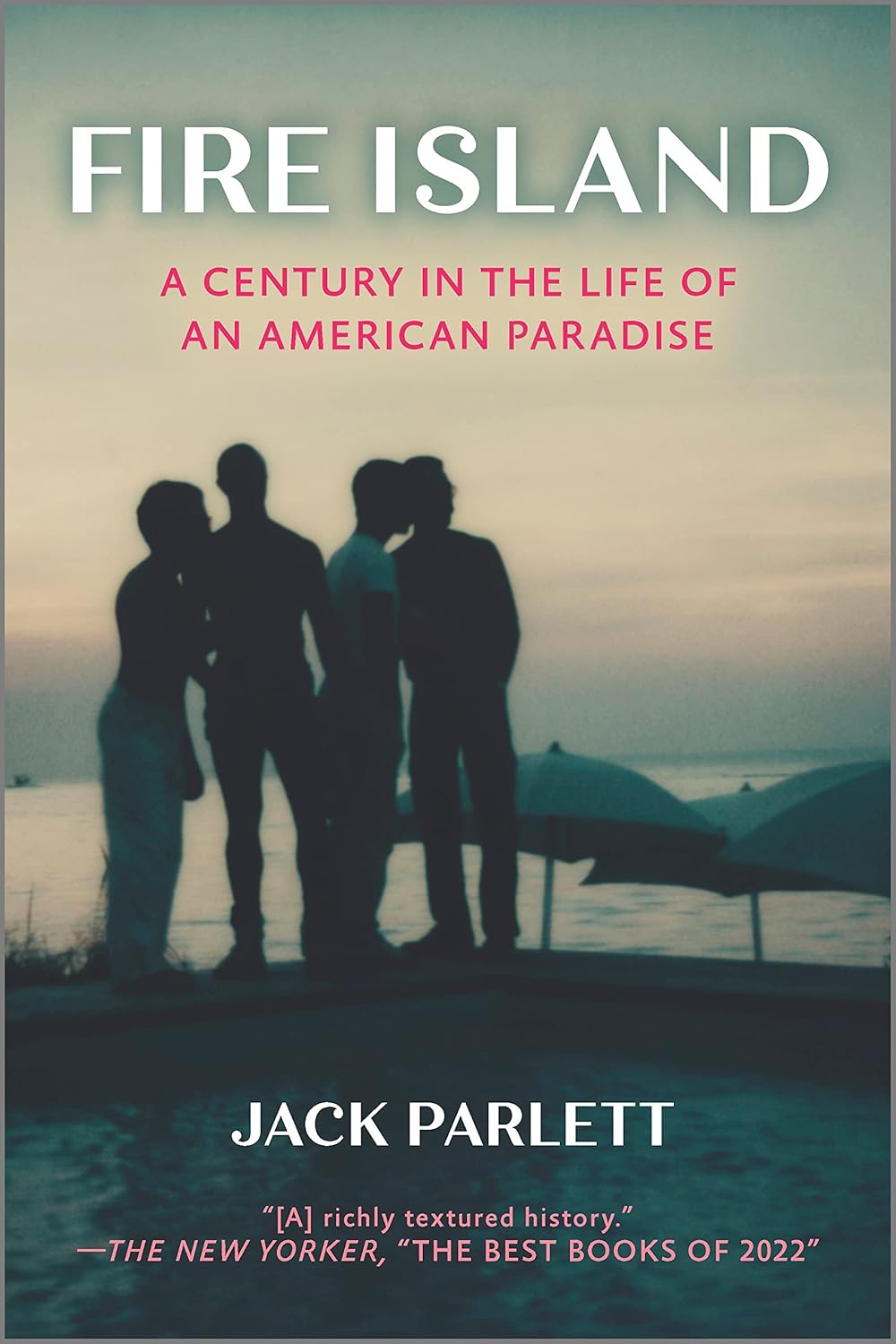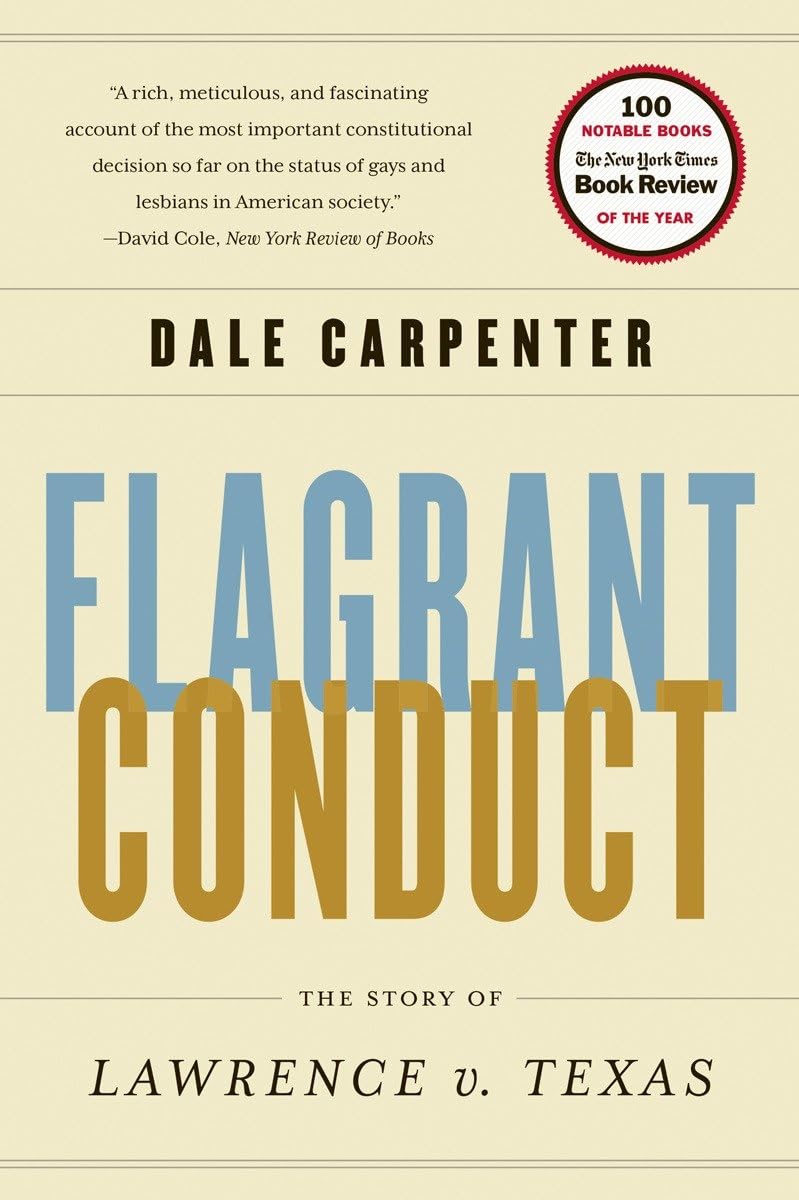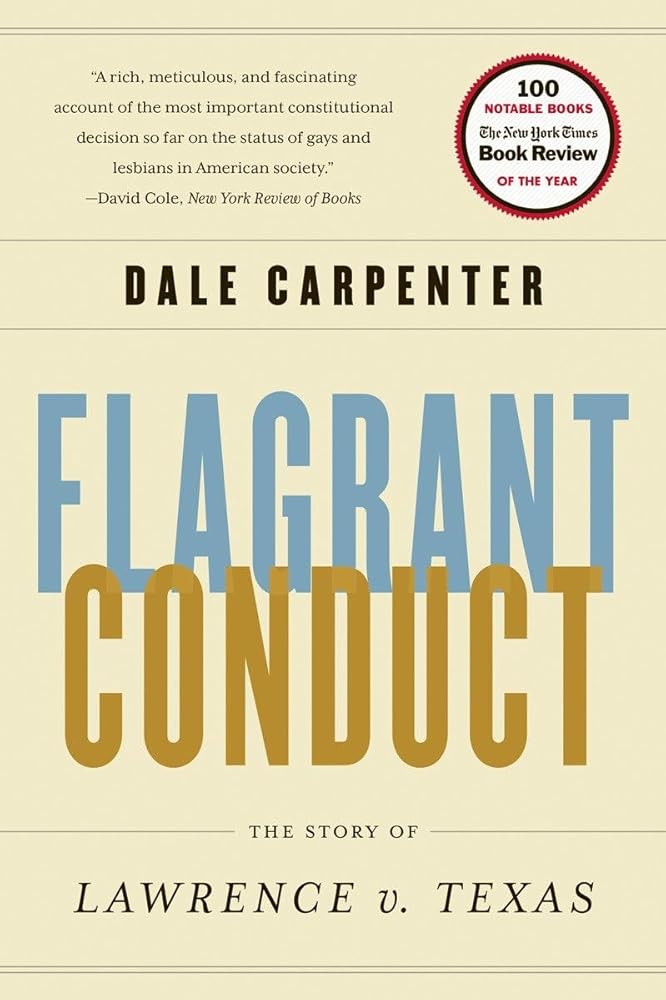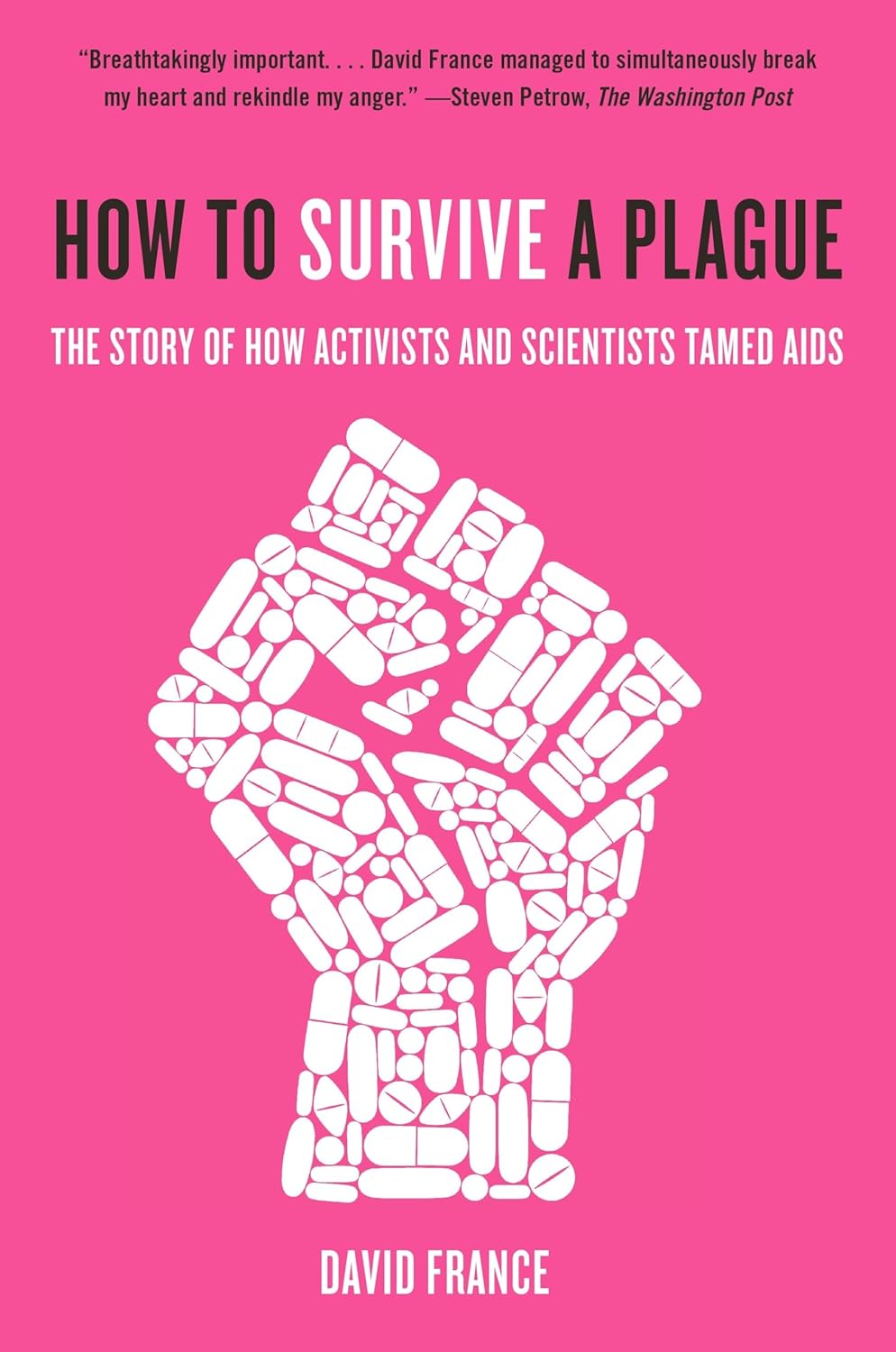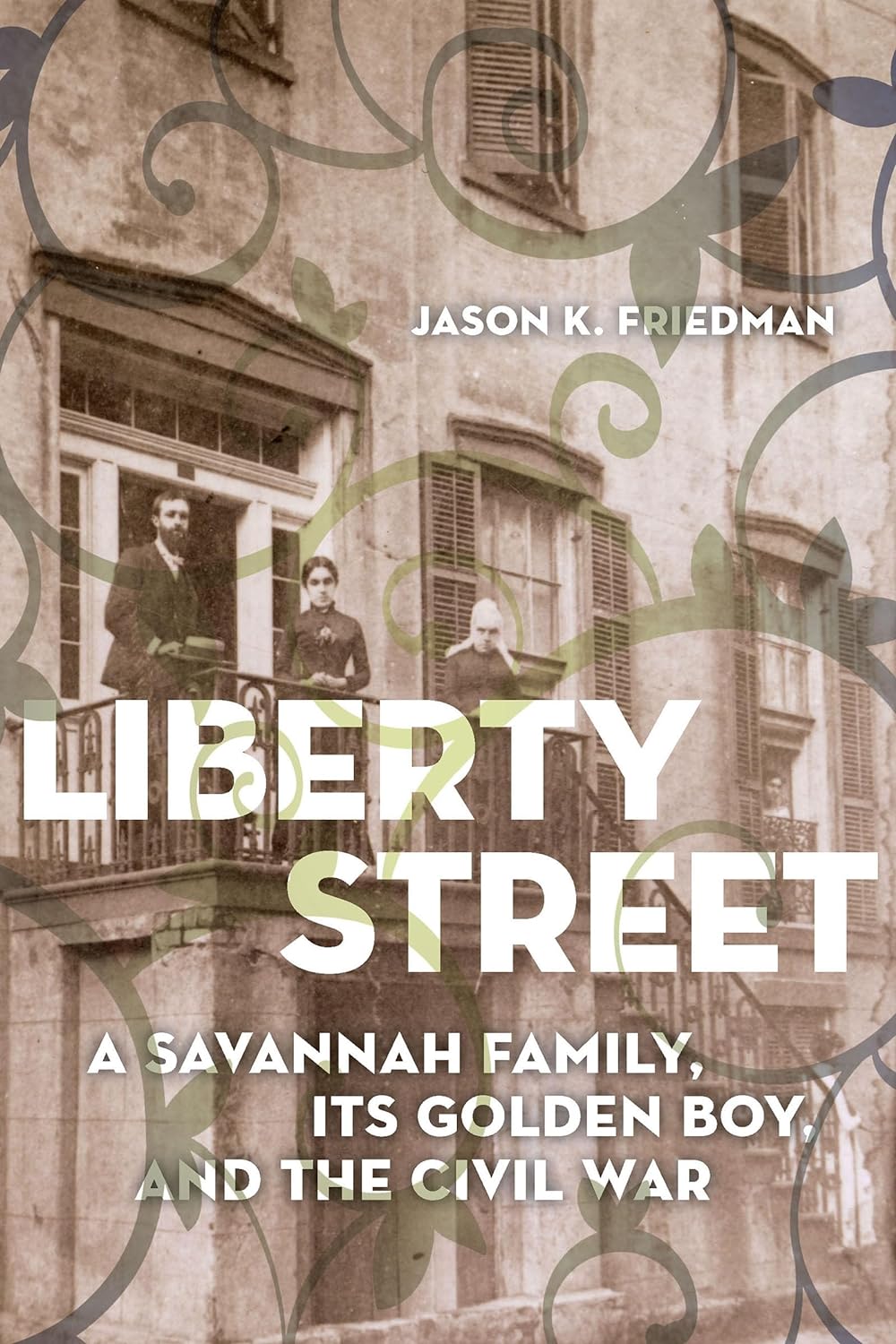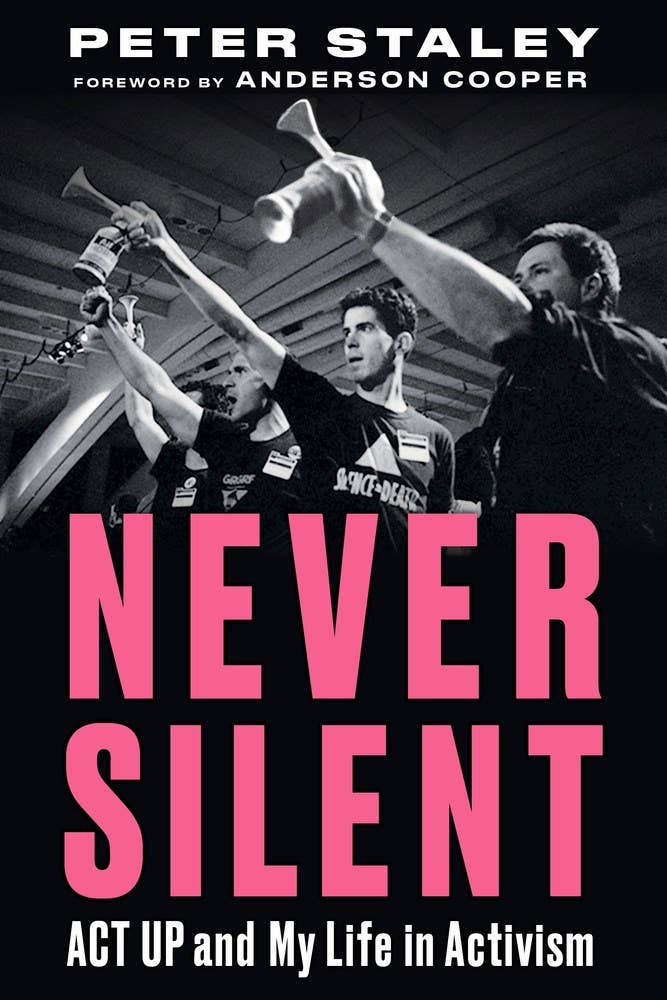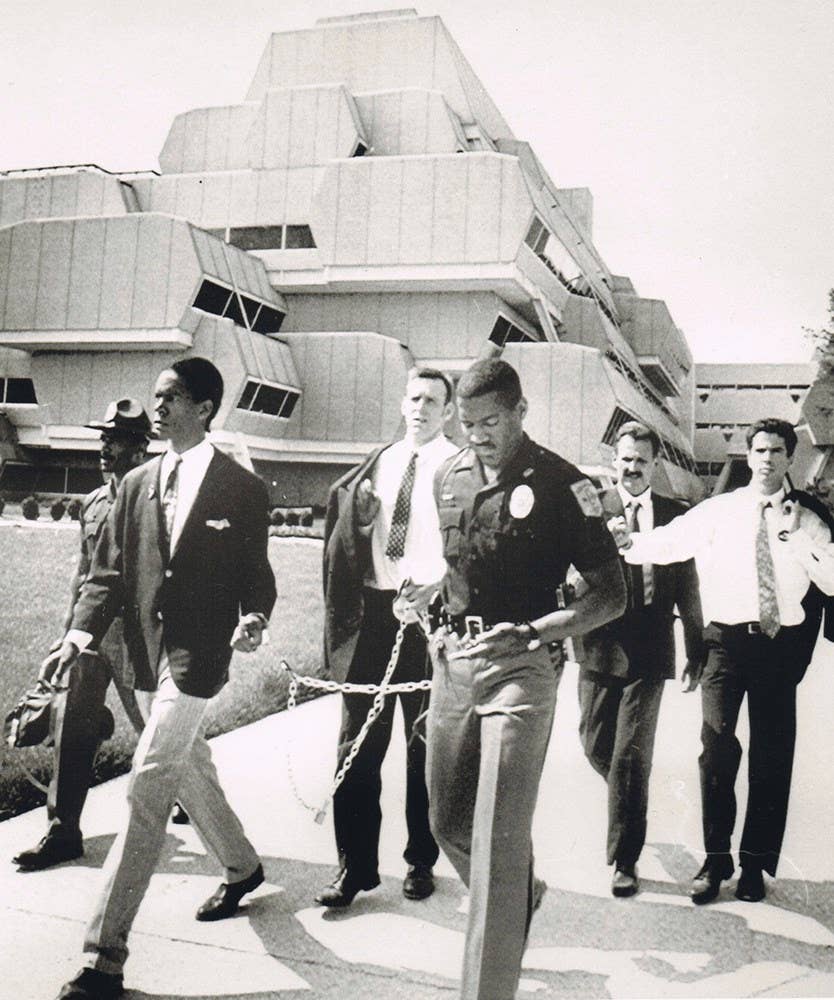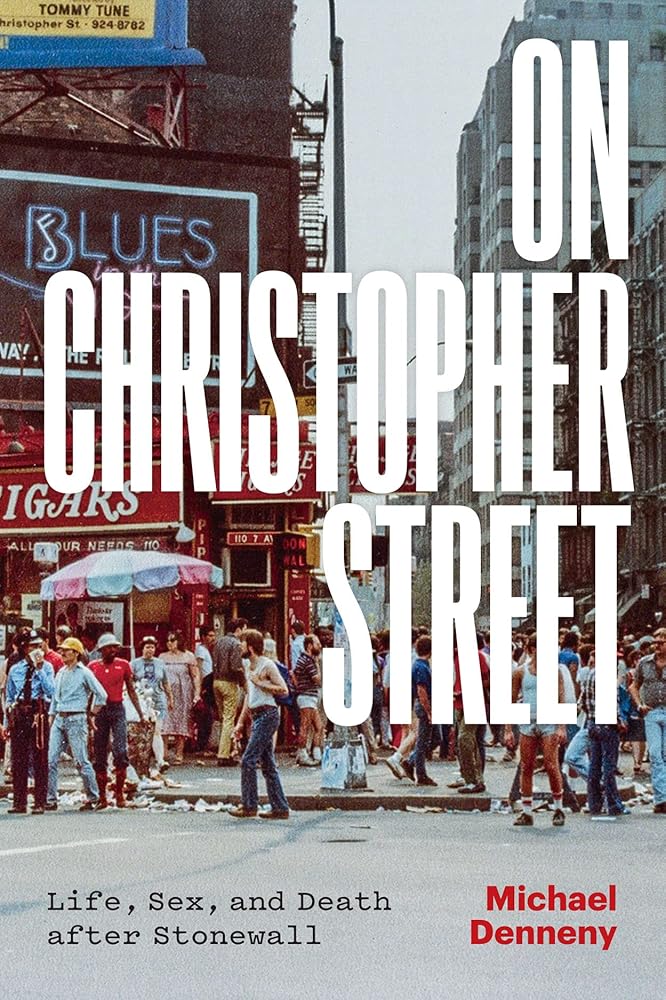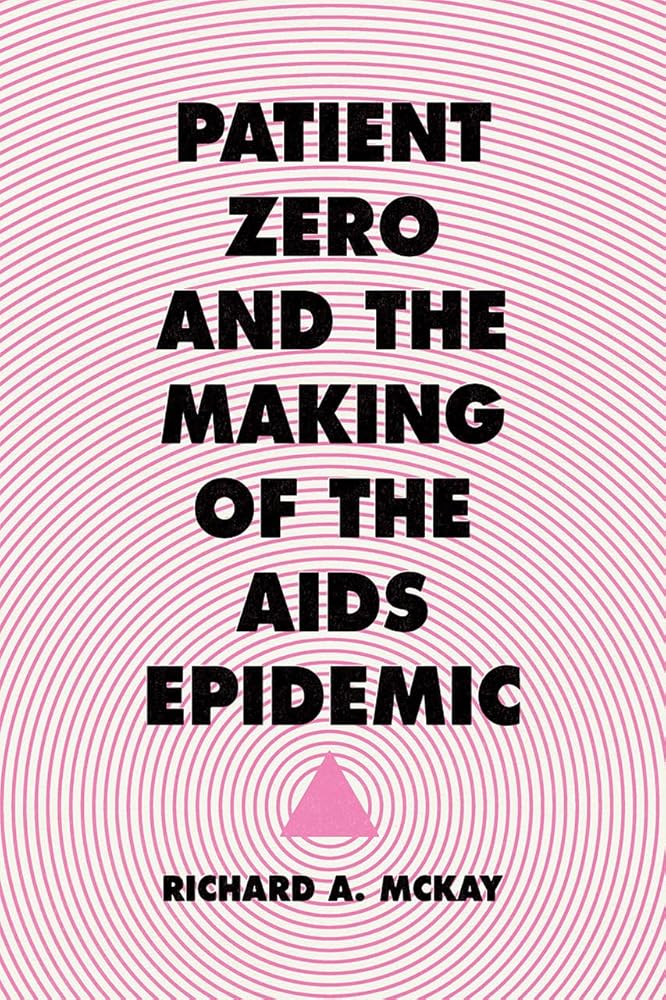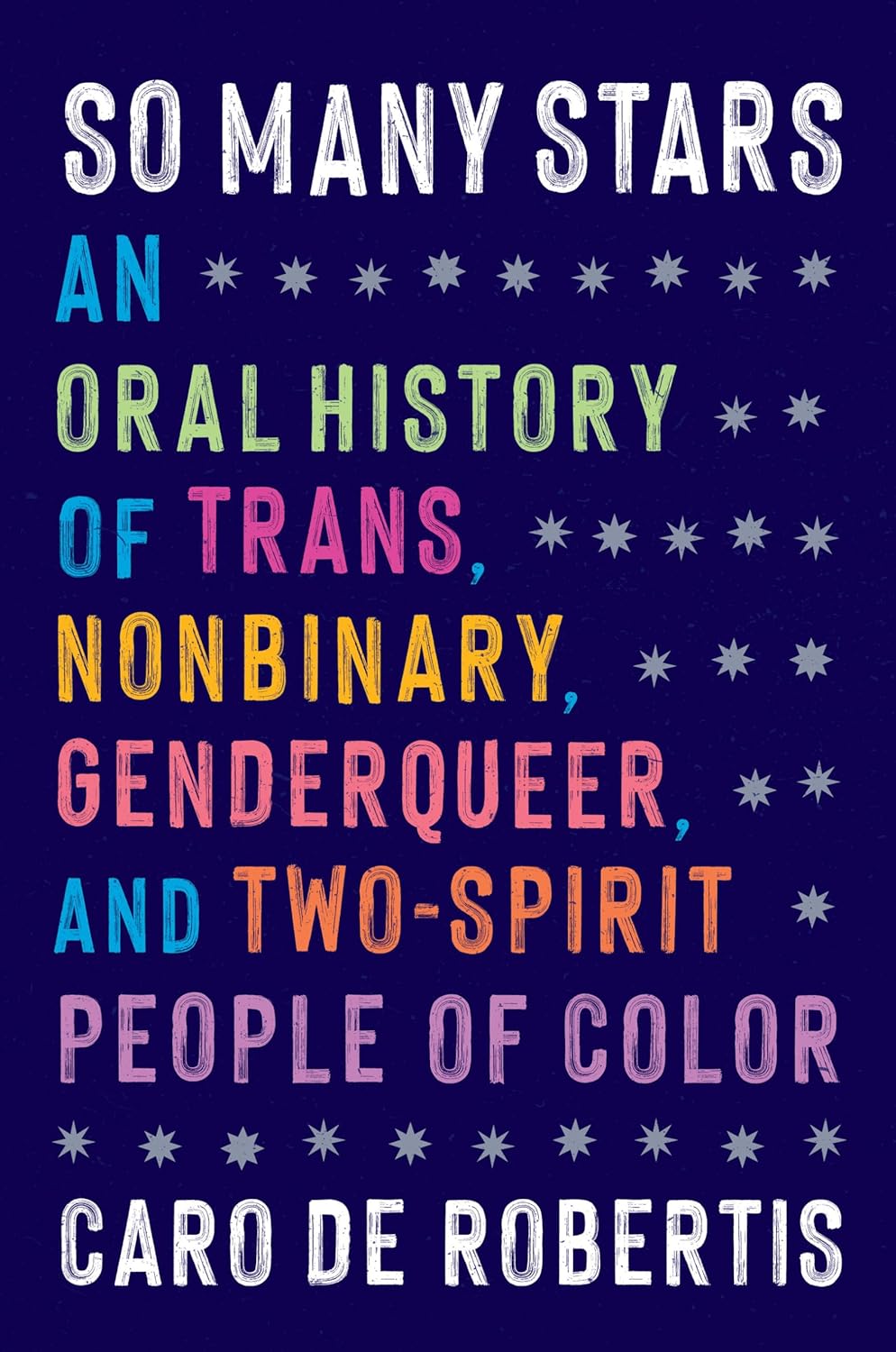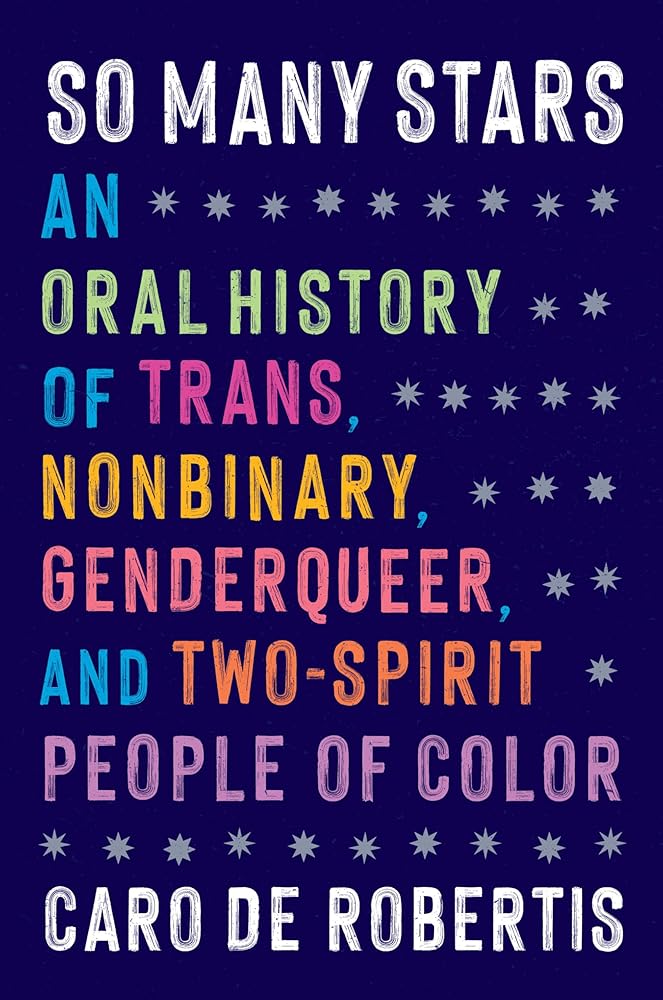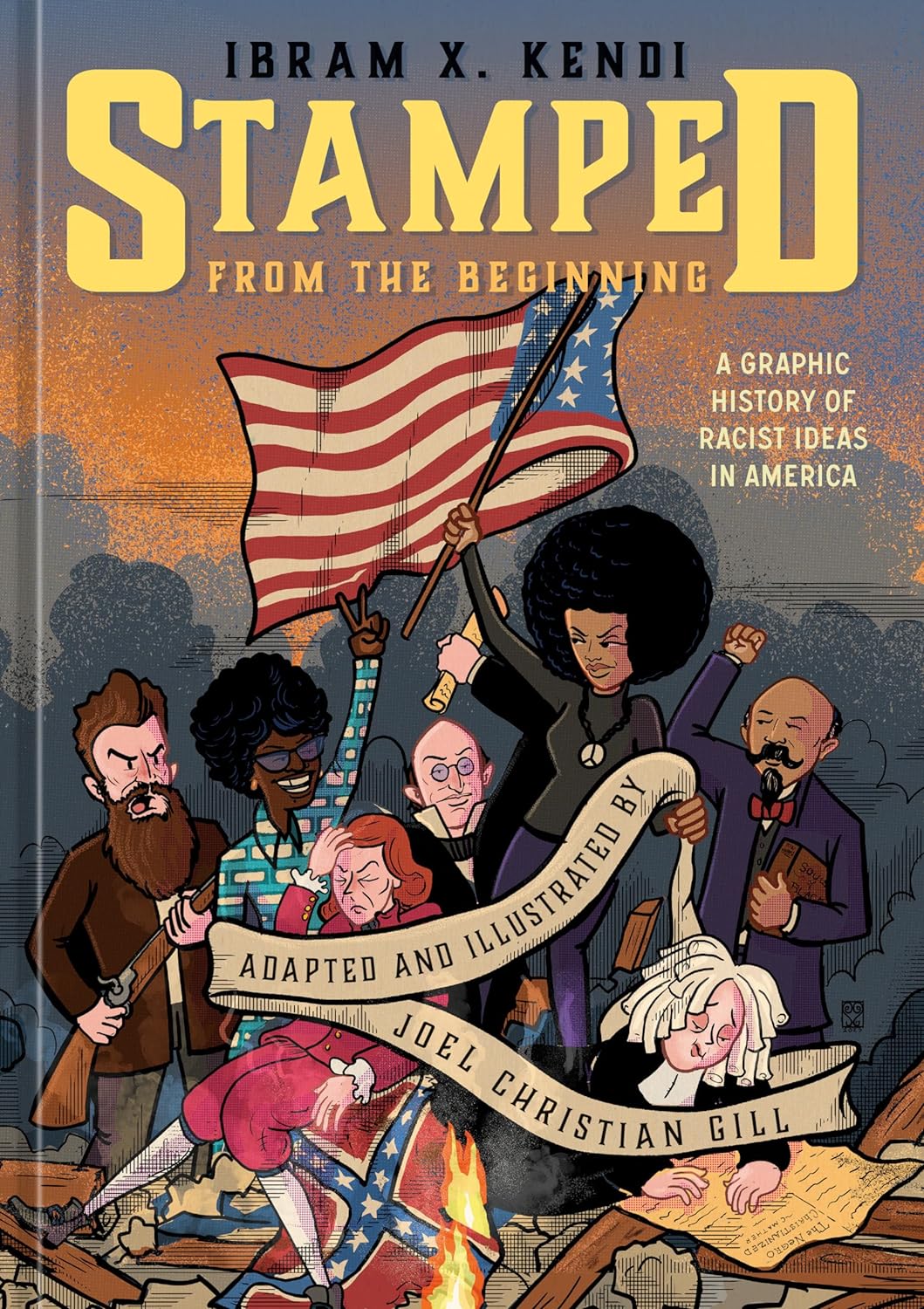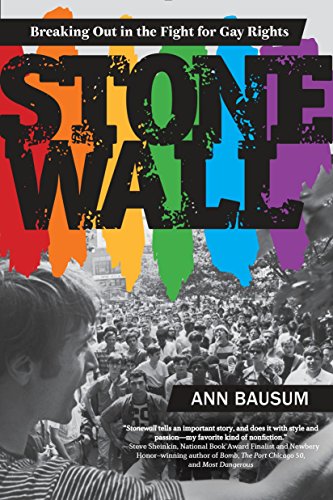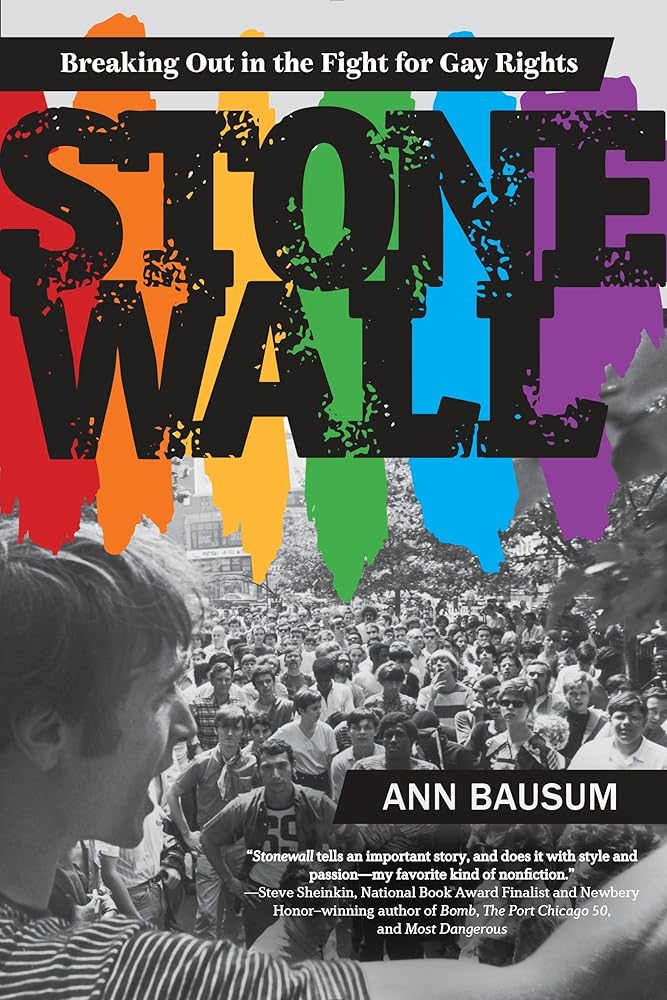Sort by:
39 of 2234 products
39 of 2234 products
By: Laura R. Prieto (Editor), Stephen R. Berry (Editor), Stephen Berry (Editor), Sandra Slater (Foreword), 2020, Hardcover
A collection of essays detailing how individuals remapped race, gender, and sexuality through their lived experiences and in the cultural imagination
For centuries the Atlantic world has been a site of encounter and exchange, a rich point of transit where one could remake one's identity or find it transformed. Through this interdisciplinary collection of essays, Laura R. Prieto and Stephen R. Berry offer vivid new accounts of how individuals remapped race, gender, and sexuality through their lived experience and in the cultural imagination. Crossings and Encounters is the first single volume to address these three intersecting categories across the Atlantic world and beyond the colonial period.
The Atlantic world offered novel possibilities to and exposed vulnerabilities of many kinds of people, from travelers to urban dwellers, native Americans to refugees. European colonial officials tried to regulate relationships and impose rigid ideologies of gender, while perceived distinctions of culture, religion, and ethnicity gradually calcified into modern concepts of race. Amid the instabilities of colonial settlement and slave societies, people formed cross-racial sexual relationships, marriages, families, and households. These not only afforded some women and men with opportunities to achieve stability; they also furnished ways to redefine one's status.
Crossings and Encounters spans broadly from early contact zones in the seventeenth-century Americas to the postcolonial present, and it covers the full range of the Atlantic world, including the Caribbean, North America, and Latin America. The essays examine the historical intersections between race and gender to illuminate the fluid identities and the dynamic communities of the Atlantic world.
By: Jack Parlett (Author), 2023, Paperback
"[A] concise, meticulously researched, century-spanning chronicle of queer life on Fire Island captures, with a plain-spoken yet lyric touch, the locale’s power to stun and shame, to give pleasure and symbolize evanescence." —Wayne Koestenbaum, New York Times Book Review
Fire Island, a thin strip of beach off the Long Island coast, has long been a vital space in the queer history of America. Both utopian and exclusionary, healing and destructive, the island is a locus of contradictions, all of which coalesce against a stunning ocean backdrop.
Now poet and scholar Jack Parlett tells the story of this iconic destination—its history, its meaning and its cultural significance—through the lens of the artists and creators who sought refuge on its shores. Together, figures as divergent as Walt Whitman, Oscar Wilde, James Baldwin, Carson McCullers, Frank O'Hara, Patricia Highsmith and Jeremy O. Harris tell the story of a queer space in constant evolution. Transporting, impeccably researched and gorgeously written, Fire Island is a fond and fierce portrait of an iconic American destination and an essential contribution to queer history.
"Supremely engaging and highly informative." —BuzzFeed
"A fascinating, throbbing history." —Olivia Laing
“A highly informative, detailed, even thrilling account of how the Supreme Court arguments reshaped American law.”―Michael Bronkski, San Francisco Chronicle
No one could have predicted that the night of September 17, 1998, would be anything but routine in Houston, Texas. Even the call to police that a black man was "going crazy with a gun" was hardly unusual in this urban setting. Nobody could have imagined that the arrest of two men for a minor criminal offense would reverberate in American constitutional law, exposing a deep malignity in our judicial system and challenging the traditional conception of what makes a family. Indeed, when Harris County sheriff’s deputies entered the second-floor apartment, there was no gun. Instead, they reported that they had walked in on John Lawrence and Tyron Garner having sex in Lawrence’s bedroom.
So begins Dale Carpenter’s "gripping and brilliantly researched" Flagrant Conduct, a work nine years in the making that transforms our understanding of what we thought we knew about Lawrence v. Texas, the landmark Supreme Court decision of 2003 that invalidated America’s sodomy laws. Drawing on dozens of interviews, Carpenter has taken on the "gargantuan" task of extracting the truth about the case, analyzing the claims of virtually every person involved.
Carpenter first introduces us to the interracial defendants themselves, who were hardly prepared "for the strike of lightning" that would upend their lives, and then to the Harris County arresting officers, including a sheriff’s deputy who claimed he had "looked eye to eye" in the faces of the men as they allegedly fornicated. Carpenter skillfully navigates Houston’s complex gay world of the late 1990s, where a group of activists and court officers, some of them closeted themselves, refused to bury what initially seemed to be a minor arrest.
The author charts not only the careful legal strategy that Lambda Legal attorneys adopted to make the case compatible to a conservative Supreme Court but also the miscalculations of the Houston prosecutors who assumed that the nation’s extant sodomy laws would be upheld. Masterfully reenacting the arguments that riveted spectators and Justices alike in 2003, Flagrant Conduct then reaches a point where legal history becomes literature, animating a Supreme Court decision as few writers have done.
In situating Lawrence v. Texas within the larger framework of America’s four-century persecution of gay men and lesbians, Flagrant Conduct compellingly demonstrates that gay history is an integral part of our national civil rights story. 8 pages of illustrations
One of Entertainment Weekly's Top 10 Nonfiction Books of the Decade
A definitive history of the successful battle to halt the AIDS epidemic, here is the incredible story of the grassroots activists whose work turned HIV from a mostly fatal infection to a manageable disease. Almost universally ignored, these men and women learned to become their own researchers, lobbyists, and drug smugglers, established their own newspapers and research journals, and went on to force reform in the nation’s disease-fighting agencies. From the creator of, and inspired by, the seminal documentary of the same name, How to Survive a Plague is an unparalleled insider’s account of a pivotal moment in the history of American civil rights.
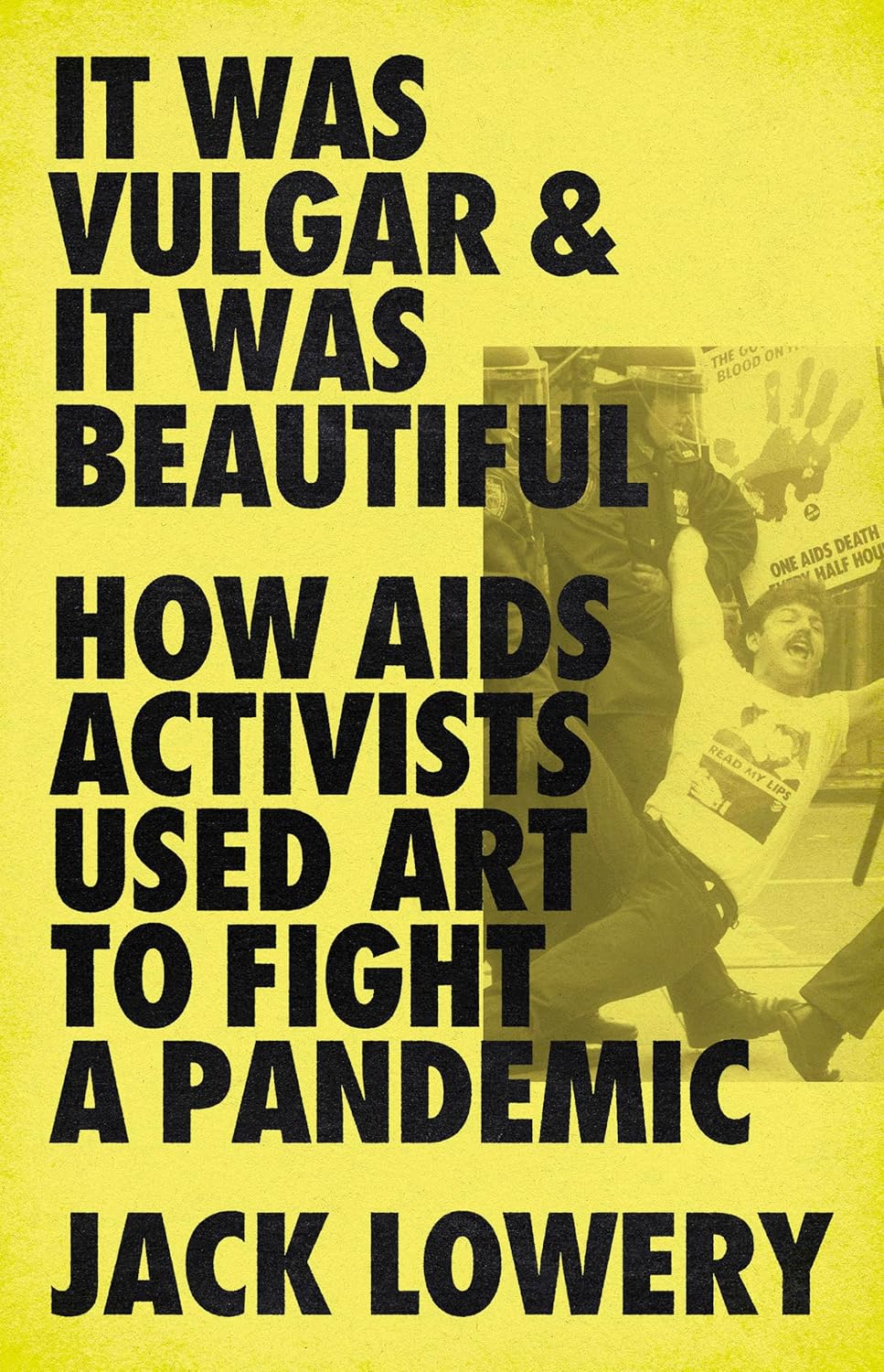
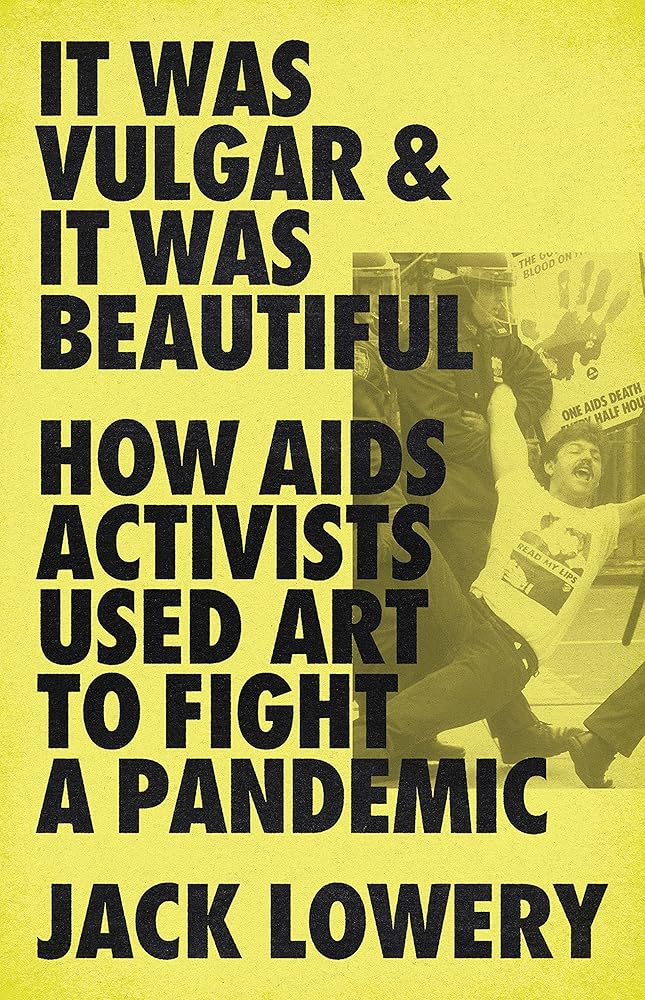
It Was Vulgar and It Was Beautiful: How AIDS Activists Used Art to Fight a Pandemic
$23.99
Unit price perIt Was Vulgar and It Was Beautiful: How AIDS Activists Used Art to Fight a Pandemic
$23.99
Unit price perIn the late 1980s, the AIDS pandemic was annihilating queer people, intravenous drug users, and communities of color in America, and disinformation about the disease ran rampant. Out of the activist group ACT UP (AIDS Coalition to Unleash Power), an art collective that called itself Gran Fury formed to campaign against corporate greed, government inaction, stigma, and public indifference to the epidemic. Writer Jack Lowery examines Gran Fury’s art and activism from iconic images like the “Kissing Doesn’t Kill” poster to the act of dropping piles of fake bills onto the trading floor of the New York Stock Exchange. Lowery offers a complex, moving portrait of a collective and its members, who built essential solidarities with each other and whose lives evidenced the profound trauma of enduring the AIDS crisis. Gran Fury and ACT UP’s strategies are still used frequently by the activists leading contemporary movements. In an era when structural violence and the devastation of COVID-19 continue to target the most vulnerable, this belief in the power of public art and action persists.
By: Jason K. Friedman (Author), 2024, Paperback
Purchasing a historic Savannah home unlocks the sweeping story of a Southern Jewish family
As Jason K. Friedman renovated his flat in a grand townhouse in his hometown of Savannah, Georgia, he discovered a portal to the past. The Cohens, part of a Sephardic community in London, arrived in South Carolina in the mid-1700s; became founding members of Charleston's Jewish congregation; and went on to build home, community, and success in Savannah.
In Liberty Street: A Savannah Family, Its Golden Boy, and the Civil War Friedman takes the reader on a personal journey to understand the history of the Cohens. At the center of the story is a sensitive young man pulled between love and duty, a close-knit family straining under moral and political conflicts, and a city coming into its own. Friedman draws on letters, diaries, and his experiences traveling from Georgia to Virginia, uncovering hidden histories and exploring the ways place and collective memory haunt the present. At a moment when the hard light of truth shines on gauzy Lost-Cause myths, Liberty Street is a timely work of historical sleuthing.
Through the eyes of publishing icon Michael Denneny, this cultural autobiography traces the evolution of the US’s queer community in the three decades post-Stonewall.
The Stonewall Riots of 1969 and the AIDS crisis of the 1980s have been captured in minute detail, and rightly memorialized in books, on tv, and in film as pivotal and powerful moments in queer history. Yet what about the moments in between—the tumultuous decade post-Stonewall when the queer community’s vitality and creativity exploded across the country, even as the AIDS crisis emerged?
Michael Denneny was there for it all. As a founder and editor of the wildly influential magazine Christopher Street and later as the first openly gay editor at a major publishing house, Denneny critically shaped publishing around gay subjects in the 1970s and beyond. At St. Martin’s Press, he acquired a slew of landmark titles by gay authors—many for his groundbreaking Stonewall Inn Editions—propelling queer voices into the mainstream cultural conversation. On Christopher Street is Denneny’s time machine, going back to that heady period to lay out the unfolding geographies and storylines of gay lives and capturing the raw immediacy of his and his contemporaries’ daily lives as gay people in America. Through forty-one micro-chapters, he uses his journal writings, articles, interviews, and more from the 1970s and ‘80s to illuminate the twists and turns of a period of incomparable cultural ferment.
One of the few surviving voices of his generation, Denneny transports us back in time to share those vibrant in-between moments in gay lives—the joy, sorrow, ecstasy, and energy—across three decades of queer history.
Now an award-winning documentary feature film
The search for a “patient zero”—popularly understood to be the first person infected in an epidemic—has been key to media coverage of major infectious disease outbreaks for more than three decades. Yet the term itself did not exist before the emergence of the HIV/AIDS epidemic in the 1980s. How did this idea so swiftly come to exert such a strong grip on the scientific, media, and popular consciousness? In Patient Zero, Richard A. McKay interprets a wealth of archival sources and interviews to demonstrate how this seemingly new concept drew upon centuries-old ideas—and fears—about contagion and social disorder.
McKay presents a carefully documented and sensitively written account of the life of Gaétan Dugas, a gay man whose skin cancer diagnosis in 1980 took on very different meanings as the HIV/AIDS epidemic developed—and who received widespread posthumous infamy when he was incorrectly identified as patient zero of the North American outbreak. McKay shows how investigators from the US Centers for Disease Control inadvertently created the term amid their early research into the emerging health crisis; how an ambitious journalist dramatically amplified the idea in his determination to reframe national debates about AIDS; and how many individuals grappled with the notion of patient zero—adopting, challenging and redirecting its powerful meanings—as they tried to make sense of and respond to the first fifteen years of an unfolding epidemic. With important insights for our interconnected age, Patient Zero untangles the complex process by which individuals and groups create meaning and allocate blame when faced with new disease threats. What McKay gives us here is myth-smashing revisionist history at its best.
By: Alexis Macaluso (Author), Haley Steinhilber (Author), Dan Low (Author), 2024, Paperback
In Queer Seeking Queer: A Colorful History, we journey back in time covering real personal ads from throughout the 20th century. We have imagined what these ad authors might look like - you get to color them in. No stamps necessary.
by Kirsty Loehr: Paperback; 208 pages / English
[Oneworld Publications] A funny, bullshit-free and surprising history Queer families have always existed Even Sappho, the OG lesbian, had a daughter named Cleis, in honour of vaginas everywhere! For centuries, the women of ‘The Golden Orchid Society’ in Qing-dynasty China were getting married and raising daughters together – platonically, obviously... And Vita Sackville-West and Harold Nicolson’s fabulously bisexual open marriage proved women really can have it all – a husband, two kids, a writing career and Virginia Woolf. Maybe you’re exploring your options. Maybe you don’t want kids but you have questions. Either way, Kirsty Loehr provides another rollicking guide to the ups and downs of queer parenthood through the ages.
From the acclaimed novelist, a first-of-its-kind, deeply personal, and moving oral history of a generation of trans and gender nonconforming elders of color—from leading activists to artists to ordinary citizens—who tell their own stories of breathtaking courage, cultural innovations, and acts of resistance.
So Many Stars knits together the voices of trans, nonbinary, genderqueer, and two-spirit elders of color as they share authentic, intimate accounts of how they created space for themselves and their communities in the world. This singular project collects the testimonies of twenty elders, each a glimmering thread in a luminous tapestry, preserving their words for future generations—who can more fully exist in the world today because of these very trailblazers.
De Robertis creates a collective coming-of-age story based on hundreds of hours of interviews, offering rare snapshots of ordinary life: kids growing up, navigating family issues and finding community, coming out and changing how they identify over the years, building movements and weathering the AIDS crisis, and sharing wisdom for future generations. Often narrating experiences that took place before they had the array of language that exists today to self-identify beyond the gender binary, this generation lived through remarkable changes in American culture, shaped American culture, and yet rarely takes center stage in the history books. Their stories feel particularly urgent in the current political moment, but also remind readers that their experiences are not new, and that young trans and nonbinary people today belong to a long lineage.
The anecdotes in these pages are riveting, joyful, heartbreaking, full of personality and wisdom, and artfully woven together into one immersive narrative. In De Robertis’s words, So Many Stars shares “behind-the-scenes tales of what it meant—and still means—to create an authentic life, against the odds.”
By: Ibram X. Kendi (Author), Joel Christian Gill (Author), 2023, Graphic Novel
NATIONAL BESTSELLER • A striking graphic novel edition of the National Book Award-winning history of how racist ideas have shaped American life—from the #1 New York Times bestselling author of How to Be an Antiracist.
NOMINATED FOR THE NAACP IMAGE AWARD
Racism has persisted throughout history—but so have antiracist efforts to dismantle it. Through deep research and a gripping narrative that illuminates the lives of five key American figures, preeminent historian Ibram X. Kendi reveals how understanding and improving the world cannot happen without identifying and facing the racist forces that shape it.
In collaboration with award-winning historian and comic artist Joel Christian Gill, this stunningly illustrated graphic-novel adaptation of Dr. Kendi’s groundbreaking Stamped from the Beginning explores, with vivid clarity and dimensionality, the living history of America, and how we can learn from the past to work toward a more equitable, antiracist future.
The first history of gay rights for teen readers, written by award-winning nonfiction author Ann Bausum.
That’s the Stonewall.
The Stonewall Inn.
Pay attention.
History walks through that door.
In 1969 being gay in the United States was a criminal offense. It meant living a closeted life or surviving on the fringes of society. People went to jail, lost jobs, and were disowned by their families for being gay. Most doctors considered homosexuality a mental illness. There were few safe havens. The Stonewall Inn, a Mafia-run, filthy, overpriced bar in New York City’s Greenwich Village, was one of them.
Police raids on gay bars happened regularly in this era. But one hot June night, when cops pounded on the door of the Stonewall, almost nothing went as planned. Tensions were high. The crowd refused to go away. Anger and frustration boiled over.
The raid became a riot.
The riot became a catalyst.
The catalyst triggered an explosive demand for gay rights.
A riveting exploration of the Stonewall Riots and the national Gay Rights movement that followed is eye-opening, unflinching, and inspiring.
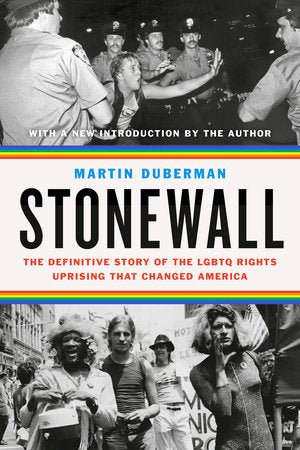
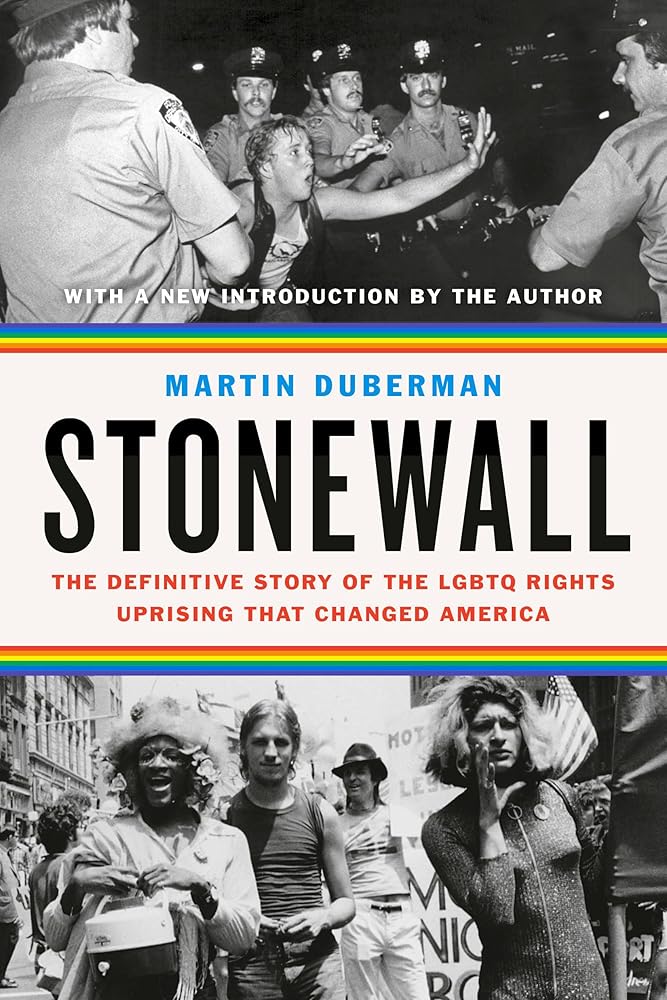
Stonewall: The Definitive Story of the LGBTQ Rights Uprising that Changed America
$20.00
Unit price perStonewall: The Definitive Story of the LGBTQ Rights Uprising that Changed America
$20.00
Unit price perThe definitive account of the Stonewall Riots, the first gay rights march, and the LGBTQ activists at the center of the movement.
“Martin Duberman is a national treasure.”—Masha Gessen, The New Yorker
On June 28, 1969, the Stonewall Inn, a gay bar in New York's Greenwich Village, was raided by police. But instead of responding with the typical compliance the NYPD expected, patrons and a growing crowd decided to fight back. The five days of rioting that ensued changed forever the face of gay and lesbian life.
In Stonewall, renowned historian and activist Martin Duberman tells the full story of this pivotal moment in history. With riveting narrative skill, he re-creates those revolutionary, sweltering nights in vivid detail through the lives of six people who were drawn into the struggle for LGBTQ rights. Their stories combine to form an unforgettable portrait of the repression that led up to the riots, which culminates when they triumphantly participate in the first gay rights march of 1970, the roots of today's pride marches.
Fifty years after the riots, Stonewall remains a rare work that evokes with a human touch an event in history that still profoundly affects life today.

